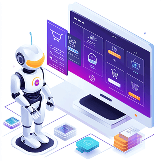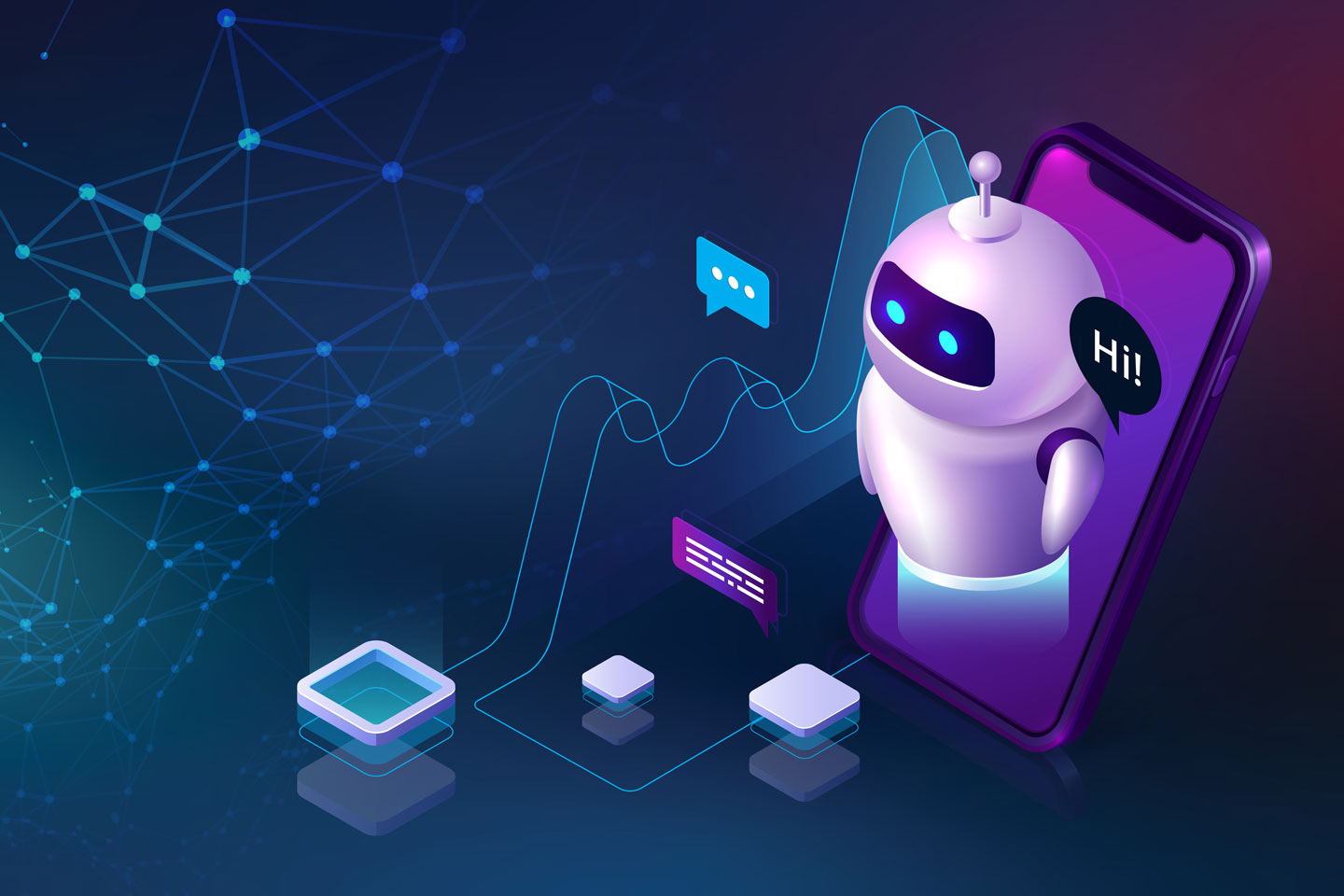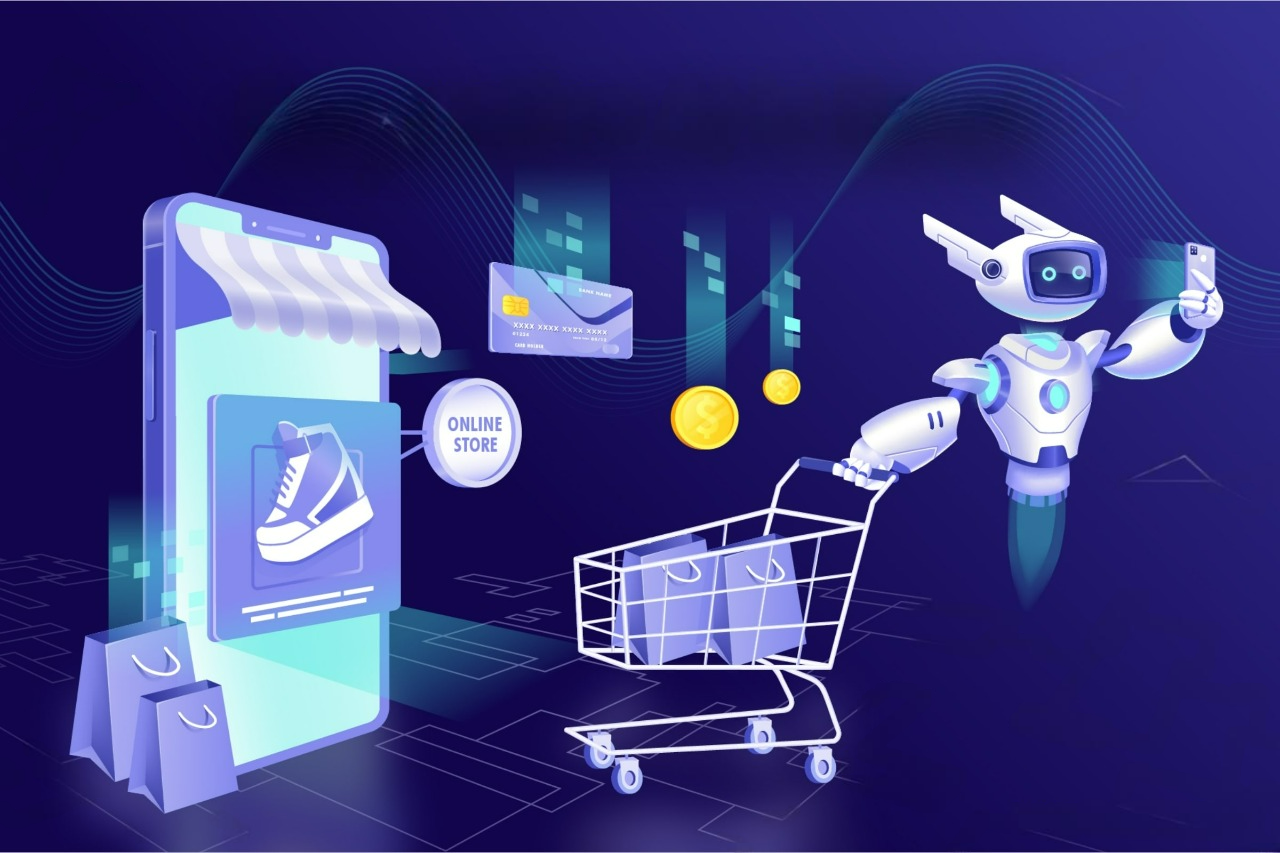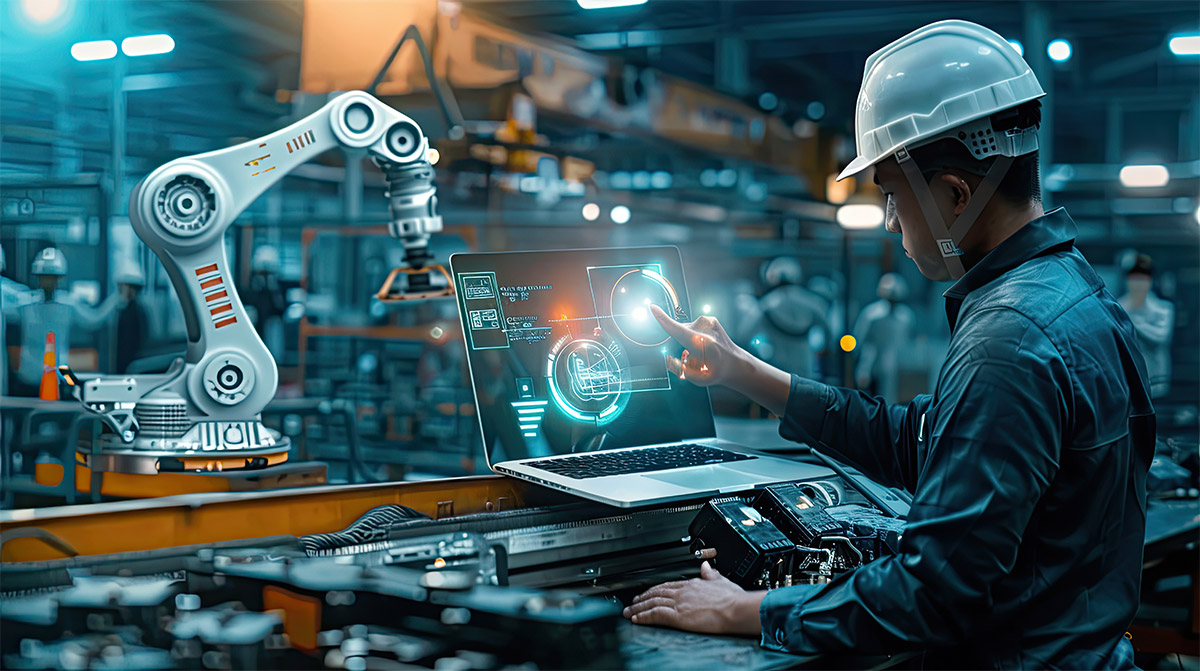Introduction
Artificial Intelligence (AI) is revolutionizing healthcare, from diagnosing diseases to improving patient care and optimizing hospital operations. With AI-driven solutions, doctors can detect illnesses earlier, hospitals can reduce administrative burdens, and patients receive personalized treatments.
In this post, we’ll explore the impact of AI on healthcare, the latest innovations, and how it’s shaping the future of medicine.
AI Applications in Healthcare
1. AI-Powered Disease Diagnosis
AI systems analyze medical images, genetic data, and patient history to detect diseases with high accuracy.
✔ Medical Imaging AI: Detects cancer, fractures, and brain diseases in X-rays, MRIs, and CT scans.
✔ AI-Powered Pathology: Identifies abnormal cell patterns for early cancer detection.
✔ Predictive Analytics: AI forecasts diseases based on genetic risk factors.
🔹 Example: AI algorithms in breast cancer detection outperform human radiologists by identifying tumors 30% faster.
2. AI-Powered Drug Discovery & Development
Developing new drugs takes years and costs billions. AI speeds up the process by:
✔ Analyzing vast biological datasets to identify potential drug candidates.
✔ Simulating drug interactions to predict effectiveness.
✔ Reducing research time from years to months.
🔹 Example: AI helped develop COVID-19 vaccines by analyzing protein structures rapidly.
3. Virtual AI Assistants & Chatbots in Healthcare
AI-powered chatbots help patients and medical staff by:
✔ Providing 24/7 symptom analysis and guiding patients on next steps.
✔ Managing appointment scheduling to reduce hospital wait times.
✔ Offering mental health support via AI-driven therapy sessions.
🔹 Example: AI chatbot Woebot helps people manage stress and anxiety through personalized mental health conversations.
4. AI in Personalized Medicine & Treatment Plans
AI analyzes patient genetics, lifestyle, and medical history to:
✔ Customize treatment plans based on individual needs.
✔ Optimize cancer treatments through AI-guided precision medicine.
✔ Reduce medication side effects by predicting adverse reactions.
🔹 Example: AI in oncology identifies the most effective chemotherapy based on a patient’s DNA.
5. AI-Powered Robotics in Surgery
AI-driven surgical robots assist doctors in:
✔ Minimally invasive surgeries with extreme precision.
✔ Real-time data analysis to improve surgical outcomes.
✔ Reducing surgery time and patient recovery periods.
🔹 Example: The Da Vinci surgical system uses AI for robotic-assisted procedures with micro-level accuracy.
Benefits of AI in Healthcare
✅ Faster & More Accurate Diagnoses – AI detects diseases early, leading to better treatment outcomes.
✅ Reduced Medical Errors – AI minimizes human mistakes in diagnosis and prescriptions.
✅ Cost Reduction – AI lowers healthcare costs by automating administrative tasks and optimizing treatment plans.
✅ Improved Patient Experience – AI chatbots and virtual assistants enhance patient engagement.
✅ Enhanced Medical Research – AI accelerates drug discovery and clinical trials.
Challenges of AI in Healthcare
🔸 Data Privacy & Security: Protecting sensitive patient information from cyber threats.
🔸 Regulatory Compliance: AI healthcare solutions must meet strict FDA and HIPAA regulations.
🔸 AI Bias & Ethical Issues: AI models trained on biased data may lead to incorrect medical predictions.
🔸 Integration with Legacy Systems: Many hospitals struggle to implement AI due to outdated IT infrastructure.
The Future of AI in Healthcare
🚀 AI-Powered Wearable Devices – Smartwatches and health trackers will detect early signs of illness.
🚀 AI in Elderly Care – AI companions will monitor senior patients and provide real-time health alerts.
🚀 AI in Mental Health – Advanced AI models will analyze speech patterns to detect depression and anxiety.
🚀 AI-Powered Genome Editing – AI will assist in modifying genes to eliminate hereditary diseases.
Conclusion
AI is revolutionizing healthcare, making it more efficient, accurate, and accessible. From early disease detection to robotic surgeries, AI is improving medical outcomes and transforming the patient experience.
Want to explore AI-powered healthcare solutions? Contact us to learn how AI can enhance your medical operations!










